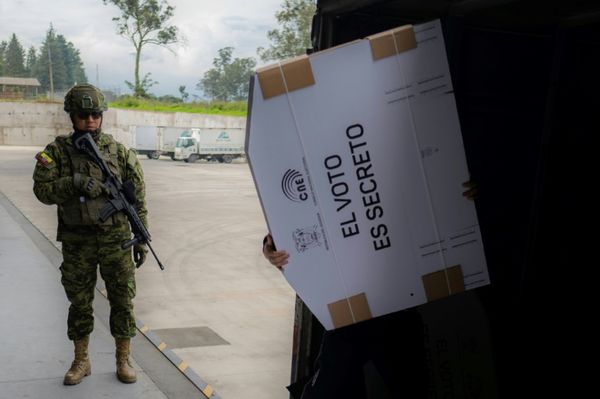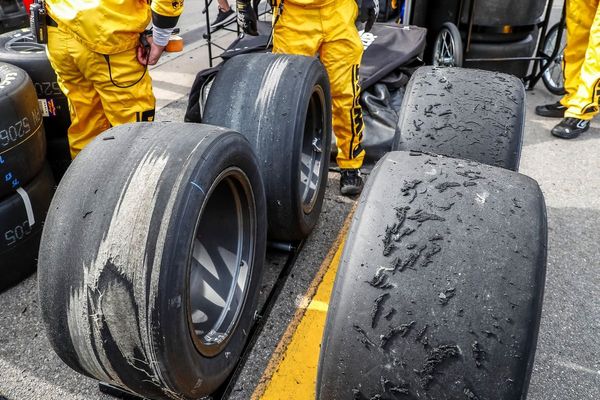
The Covid pandemic, soaring food and fuel prices, and Russia’s invasion of Ukraine have dealt a triple blow to people around the world. Here is a look at what governments are doing to try to help citizens and companies weather the cost of living crisis.
Americas
The US will help millions of indebted former students by cancelling $10,000 of their outstanding student loans. The move follows the $430bn Inflation Reduction Act announced last month, which includes cuts to prescription drug prices and tax credits to encourage energy efficiency. President Joe Biden has also proposed an income-driven repayment plan that would cap loans for low-income future borrowers and introduce fixes to the loan forgiveness programme for non-profit and government workers.
Brazil’s government has cut fuel taxes and raised social welfare payments. The country’s largest oil firm, Petrobras, last week announced a 7% cut in refinery-gate gasoline prices – its fourth consecutive such reduction since mid-July
In July, Chile announced a $1.2bn aid plan including labour subsidies and one-time payments of $120 for 7.5 million of its 19 million residents.
Asia, Africa and Middle East
Japan’s average minimum wage is set for a record 3.3% increase for the year ending March 2023. The government is also due to refrain from raising the price of imported wheat it sells to retailers, as part of a planned broader relief package. The steps follow a $103bn bill passed in April.
Indonesia will reallocate 24.17 trillion rupiah ($1.6bn) of its fuel subsidy budget towards welfare spending, including cash handouts to 20.6 million households. The government will also instruct regional administrations to subsidise transport fares.
Four months ago, India imposed restrictions on exports of food items including wheat and sugar, which account for nearly 40% of the consumer prices index, and cut taxes on imports of edible oil.
Malaysia is expected to spend a record 77.3bn ringgit ($17.25bn) in subsidies and cash aid this year to temper the effects of rising prices.
In July, South Africa announced a cut in the pump prices of fuels.
Saudi Arabia and the United Arab Emirates have raised their social welfare spending. The UAE doubled financial support to low-income Emirati families, while Saudi Arabia’s King Salman ordered the allocation of 20bn riyals ($5.33bn).
Turkey has increased its minimum wage by about 30%, adding to the 50% rise seen at the end of last year.
Europe

Austria plans to partly reimburse consumers for the cost of power from 1 December. The energy ministry said households would receive on average about €500 a year.
France has frozen gas prices at October 2021 levels and capped electricity price increases at 4% until at least the end of the year, and handed out €100 to low- and middle-income households to help pay energy bills.
In Germany, the government is paying all people in regular employment a one-off rebate of €300 in September. Students and welfare recipients have already received double their usual lump-sum payment to assist with heating private homes.
Spain will cut VAT on gas from 21% to 5% from October until the end of the year to help people with their energy bills.
In June, the EU approved an €8.4bn Spanish and Portuguese plan to reduce wholesale electricity prices in the Iberian market by capping the price of gas used to produce electricity. Operating as a direct grant to electricity producers, it should save households 15% to 20% on their energy bills, the Spanish government says.
In Poland, which relies heavily on coal for domestic heating, the government has announced a one-off payment of 3,000 złotys (about €630, or £540) for each coal-burning household, with smaller subsidies for different types of heating fuel such as liquefied petroleum gas.
The Netherlands is offering the lowest-earning households a one-off energy subsidy of €1,300, hiking the minimum wage and lowering VAT on energy to 9%.
Norway has capped electricity bills at 0.7 krone (€0.07 or £0.06) per kWh, with the state covering 80% (rising to 90% in October) above that.
The UK government has yet to announce its plans to deal with the cost of living crisis. But the Treasury is working on a menu of options in readiness for an emergency mini-budget.
• This article was amended on 7 September 2022 to correct the level of Norway’s electricity price cap. It is set at 0.7 krone per kWh, not 7 krone as an earlier version said.
Additional reporting by Jon Henley, Philip Oltermann and Lorenzo Tondo. Reuters contributed to this report.







